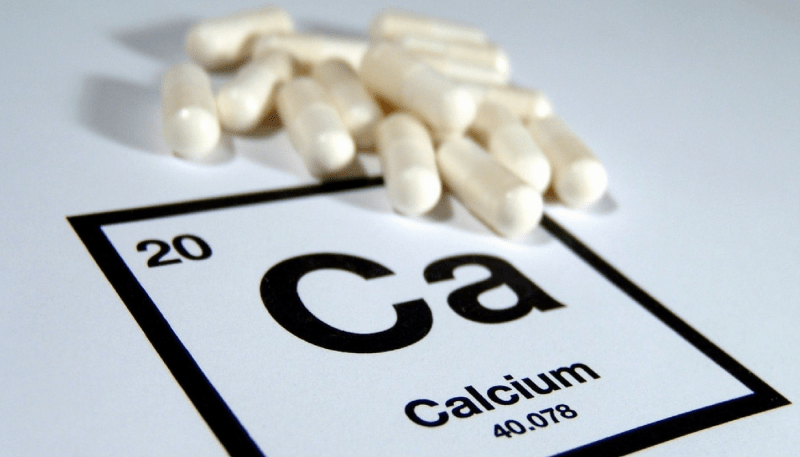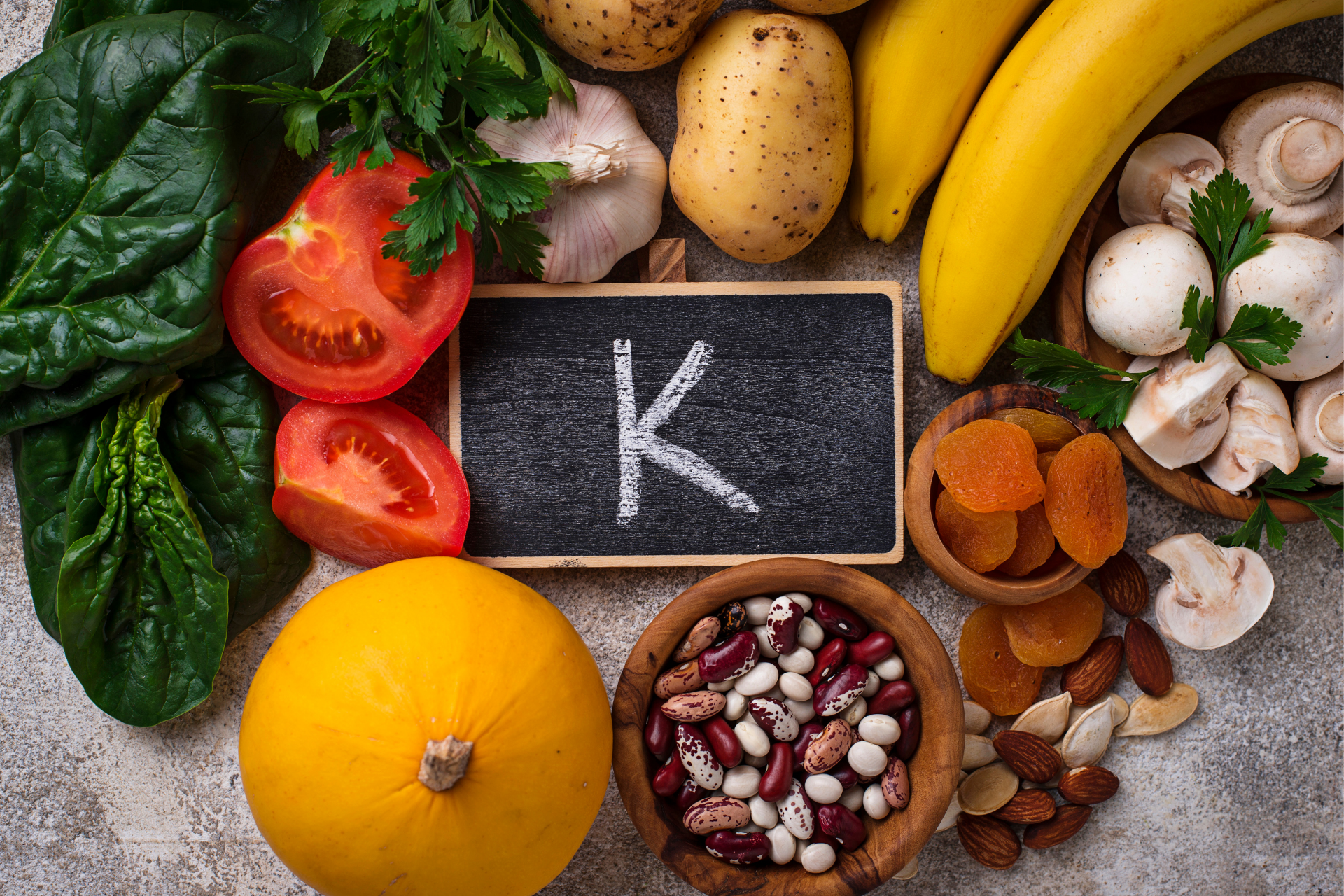
You never know when calcium deficiency spreads like a silent ‘epidemic’ into our lives. Children need calcium for growth, White-collar workers take calcium supplements for health care, and middle-aged and older people need calcium for the prevention of porphyria. In the past, people’s attention focused on direct supplementation of calcium and vitamin D3. With the development of science and the deepening of research into osteoporosis, vitamin K2, a nutrient closely related to bone formation, is receiving increasing attention from the medical community for its ability to improve bone density and strength.
When a calcium deficiency is mentioned, many people’s first reaction is “calcium.” Well, that’s only half the story. Many people take calcium supplements all their lives and still do not see results.
So, how can we provide effective calcium supplementation?
Sufficient calcium intake and a proper calcium diet are her two key points of effective calcium supplementation. Calcium absorbed into the blood from the intestine can only be absorbed to achieve the true effects of calcium. Osteocalcin helps transport calcium from the blood to the bones. Bone matrix proteins store calcium in bone by binding calcium that is activated by vitamin K2. When vitamin K2 is supplemented, calcium is delivered to the bone in an orderly fashion, where calcium is absorbed and rebuilt, reducing the risk of malposition and blocking the mineralization process.

Vitamin K is a group of fat-soluble vitamins that help blood clot, bind calcium to bone, and inhibit calcium deposition in arteries. Mainly divided into two categories, vitamin K1 and vitamin K2, the function of vitamin K1 is mainly blood clotting, vitamin K2 contributes to bone health, vitamin K2 treatment and prevention of osteoporosis, and vitamin K2 produces Bone protein, which in turn forms bones together with calcium, increases bone density and prevents fractures. Conventional vitamin K2 is fat-soluble, which limits its downstream expansion from food and pharmaceuticals. The new water-soluble vitamin K2 solves this problem and allows customers to accept more product forms. BOMING’s Vitamin K2 Complex can be offered to customers in a variety of forms: water soluble complex, fat soluble complex, oil soluble complex and pure.
Vitamin K2 is also called menaquinone and is usually denoted by the letters MK. There are currently two types of vitamin K2 on the market: vitamin K2 (MK-4) and vitamin K2 (MK-7). MK-7 has higher bioavailability, a longer half-life, and potent anti-osteoporotic activity than MK-4, and the World Health Organization (WHO) recommends using MK-7 as the best form of vitamin K2.
Vitamin K2 has two basic and important functions: supporting cardiovascular health and bone regeneration and preventing osteoporosis and atherosclerosis.
Vitamin K2 is a fat-soluble vitamin mainly synthesized by intestinal bacteria. It is found in animal meat and fermented products such as animal liver, fermented milk products and cheese. The most common sauce is natto.

If you are deficient, you can supplement your vitamin K intake by eating green leafy vegetables (vitamin K1) and grass-fed raw dairy and fermented vegetables (vitamin K2). For a given amount, a generally recommended rule of thumb is 150 micrograms of vitamin K2 per day.
Post time: Jan-18-2023



